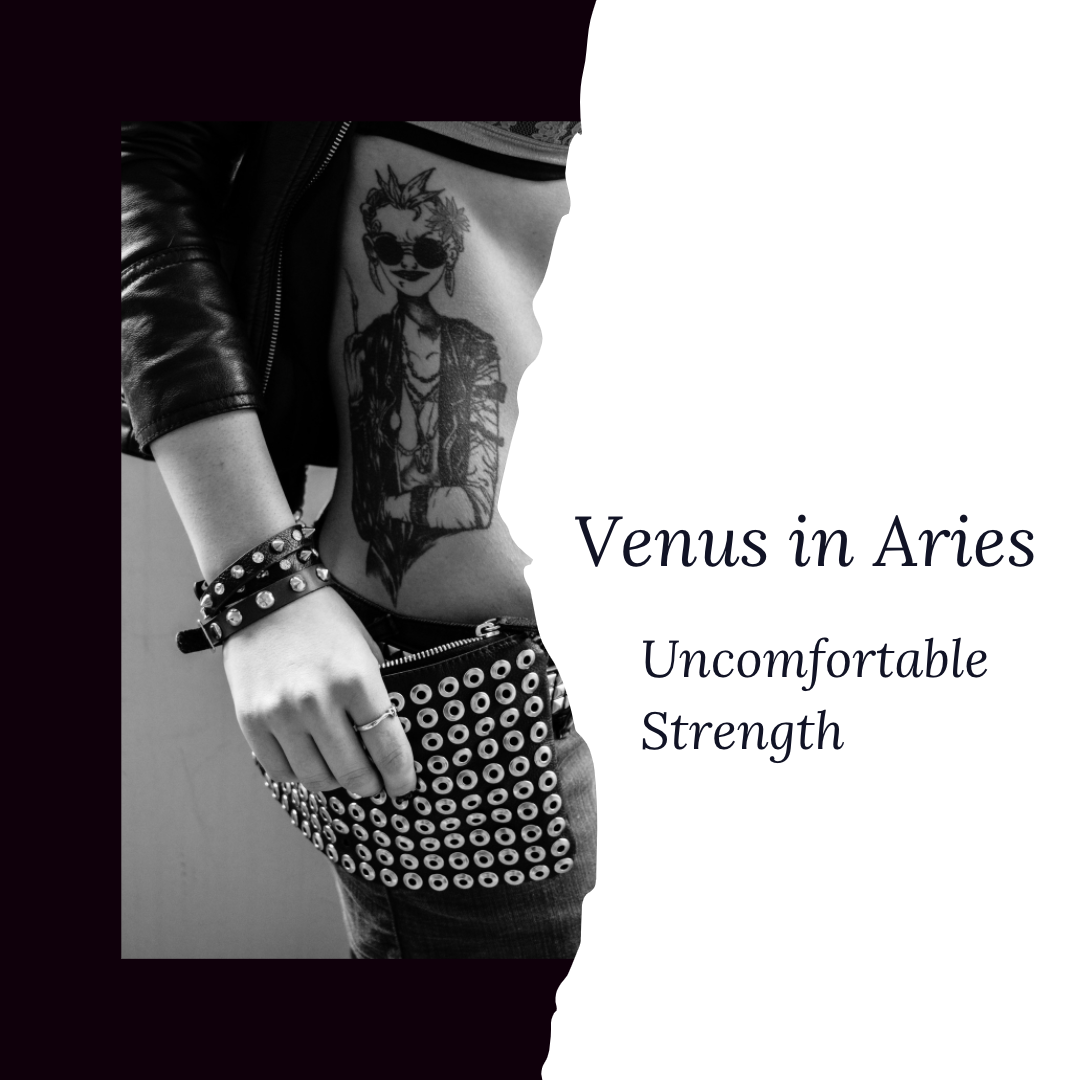Essential Dignity in Astrology
In traditional astrology, not all planets are created equal. The ability of a planet to express itself in a positive way depends on its location in the chart. A planet that is in a good place represents an area of life that has the resources it needs to bring you success and happiness. A planet that is badly placed might indicate trouble in the area of life that planet rules.
A well-placed Venus, for example, could correspond with artistic talent or good fortune in relationships. A badly placed Venus, however, could indicate that a person is unlucky in love or has a tin ear.
One of the ways to assess a planet's condition is to consider its essential dignity. When a planet is dignified, it is in a sign where it is comfortable and able to act in a way that supports its essential nature. When a planet is not dignified--that is, when it is debilitated--it is in sign that forces it to act in a way that is against its nature.
Planets are dignified when they are in signs they rule or signs of their exaltation. Planets are debilitated when they are in signs of their detriment or fall.
Essential Dignity is Controversial in the Astrology Community
One of the perennial fights between modern astrologers and traditional astrologers is over planetary condition.
Astrologers who are alive today and working with the ancient model say that this system is worth keeping because we can see it in action. Saturn, for example, is especially saturnine when it is in Capricorn and Aquarius, the signs it rules. Jupiter isn't especially jovial in those signs, especially Capricorn, where it is in detriment.
According to traditional astrologers, people with planets in detriment and fall often report a difficult time with those planets, and people with planets in rulership and exaltation tend to see those planets as strengths. People who do not readily see dignity and debility as strengths and weaknesses in their personal lives tend to change their minds when they are invited to compare their experiences to the experiences of those without those placements.
Modern astrologers, on the other hand, dislike the idea of dignity and debility because they like to emphasize human resilience. They believe that, with consciousness and determination, people with debilitated planets can go on to do great things. Debilitated planets also represent ways in which the planets act creatively. Mercury is in detriment in Pisces, for example, but this placement correlates with a creative facility with language. The poet Maya Angelou has Mercury in Pisces, and she is famous for her beautiful writing style.
Like all controversies, the disagreement over this issue in the community is not entirely polarized. Traditional astrologer Charles Obert believes that planets in detriment have the potential to become a person's greatest strength. And with the rise of the popularity of Hellenistic astrology, some modern astrologers are starting to consider dignity and debility in their readings.
A Compromise Between Modern and Traditional Approaches to Essential Dignity
My earliest training was in modern astrology. I still hold that human beings are capable of achieving great things against all odds, and I want to practice an astrology that celebrates that.
At the same time, we are more aware today than we were 50 years ago of the fact that human potential is influenced by circumstances that are outside the individual's control. Planetary condition is a way of discussing privileges and disabilities in a way that honors the hard work required by some people to acquire benefits others take for granted.
That said, I have found that highly dignified and debilitated planets don't always stand out in the way that traditional astrologers say they should, and I think it’s time that we rethink essential dignity for the 21st century. The moon should behave well in Cancer, a sign it rules, for example, but I find that it is more likely to correspond with having a strong emotional life, for good or ill. That can mean having a great deal of empathy and emotional intelligence. It can also express itself in mood disorders, even when it is supported by benefic planets and is not oppressed by the malefics.
Despite this difficulty, I have found the doctrine of dignity and debility to be useful in my practice. A planet in its rulership, exaltation, detriment, or fall is a planet that stands out, even if a traditionally "good" planet expresses itself in a difficult way, or visa versa. When a client has planets with dignity or debility, the planet tends to nudge itself into the reading, whether or not it appears, on the surface, to be directly related to the subject of the reading.
In my practice, I have made it a habit of asking my clients about their experiences of planets that have dignity and debility. If the function of those planets is translated from astrologer into English, it is usually easy to figure out what the relationship between the client and planet is.
Sources
Demetra George, Ancient Astrology in Theory and Practice (2019)
Chris Brennan, Hellenistic Astrology: The Study of Fate and Fortune (2017)
Charles Obert, Introduction to Traditional Natal Astrology: A Complete Working Guide for Modern Astrologers (2015)
Related Articles






